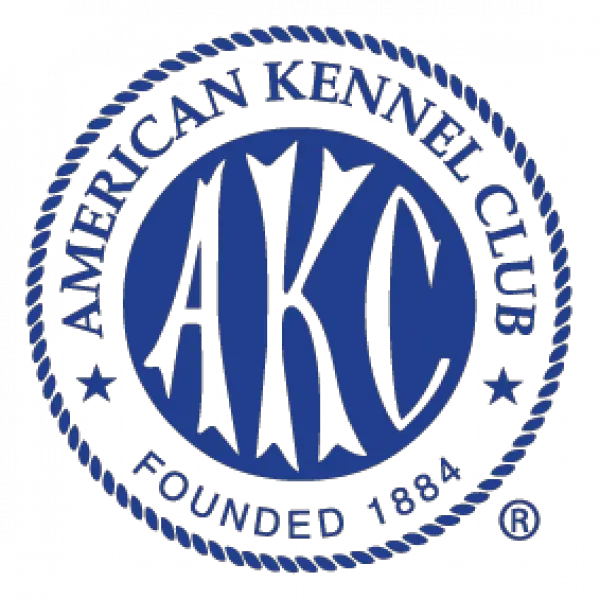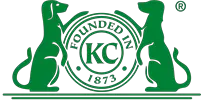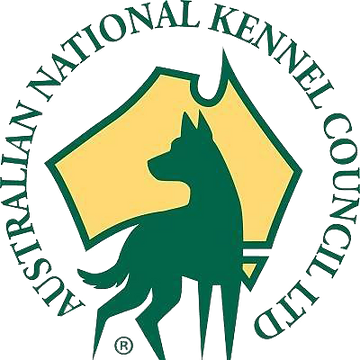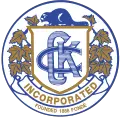Eskifon History
The Eskifon is a Hungarian herding and guarding dog that originated from the FCI group. The history of the Eskifon is somewhat obscure. The type described in the standard is a mix between the old (bulgy) and new (slim) appearance. In some areas of the Carpathian Basin, the eskifon was used in the flocks to guard and protect the sheep from wolf attacks.
Time of Origin
Unknown
Eskifon Physical Characteristics
The Eskifon is a small, medium-to-large sized, shaggy, double-coated herding and sighthound-type dogs that weigh between 40 and 70 pounds and stand between 15 and 20 inches high at the shoulders. They have a thick undercoat and an outer coat of long, straight hair. They have an elongated head with a flat skull and prominent cheekbones. Their nose is large and broad and they have a medium-length muzzle. They have small, triangular ears. They have a bushy tail that is carried low. They have a single, white stripe on their forehead. They are excellent herders and hunters.
Eye Colors
Brown
Nose Colors
Black
Coat Colors
Isabella, White, Red, Black, Gray
Height Range
Male Height Range: 8 – 10 inches
Female Height Range: 8 – 10 inches
Weight Range
Male Weight Range: 15 – 20 lbs
Female Weight Range: 15 – 20 lbs
Eskifon Health
Description of breed health.
Lifespan
10-12 yrs
Eskifon Health Concerns
Hip Dysplasia, Legg-Calve-Perthes Disease, Progressive Retinal Atrophy (PRA), None
Eskifon Temperament and Behaviour
The Eskie is a playful, energetic, and sociable dog. They are friendly and loyal to their families, but can become very attached to a single owner. They are protective and suspicious of strangers, so they make great guard dogs. Eskies have a very strong bond with their families, and do not like to be left alone for long periods of time.
Eskifon Activity Requirements
Eskifons are a herding dog from Russia. They are similar in appearance to German Shepherds and were popularized after appearing on a popular Russian TV show. While Eskifons are not very active, they do need regular exercise. They are not suited to apartment living, as they need space to run. When they are young, they will benefit from short, frequent walks. As they get older, they will enjoy longer and more frequent walks. Eskifons are also intelligent dogs and can be trained to do many things. They are often trained as guard dogs or police dogs, and they make excellent search and rescue or therapy dogs. If you plan to train your Eskifon, be sure they have the time and space to learn.
Miles Per Day
7 miles
Activity Per Day
30 minutes
Daily Food
1 cups
Kennel Club Recognition

American Kennel Club
Not Recognized
Eskifon is part of the Unclassified group.
Visit the American Kennel Club website.

The Kennel Club
Not Recognized
Eskifon is part of the Unclassified group.
Visit the Kennel Club website.

Australian National Kennel Council
Not Recognized
Eskifon is part of the Unclassified group.
Visit the Australian National Kennel Council website.

Canadian Kennel Club
Not Recognized
Eskifon is part of the Unclassified group.
Visit the Canadian Kennel Club website.
